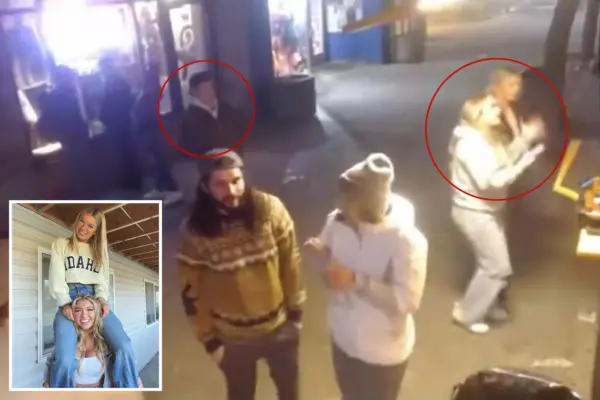
Introduction
The Peru Two case refers to the 2013 incident involving two British women, Melissa Reid and Michaella McCollum, who were arrested in Peru for drug trafficking. This case ignited significant media attention due to its dramatic narrative and the serious implications it raised regarding drug smuggling, international law, and the justice system in Peru. The fallout from their actions serves as a cautionary tale that highlights the perilous risks individuals might take in pursuit of easy financial gains.
Details of the Incident
In August 2013, Reid and McCollum were apprehended at Lima’s Jorge Chávez International Airport with almost 11 kilograms of cocaine hidden in food packages. The women claimed they were coerced into transporting the drugs after being kidnapped by a criminal gang in Ibiza, a testimony that gained media traction. However, their lack of prior criminal records and the sheer volume of drugs led law enforcement to treat their story with skepticism.
The case was brought into the public eye not only because of the shocking details but also due to the broader implications of drug trafficking in Peru, a major producer of cocaine. Following their arrest, both women faced severe consequences in a Peruvian jail, where conditions are notoriously harsh. The story captivated millions, prompting discussions around drug laws and the experiences of foreigners caught in the crossfire of international drug trade.
Legal Proceedings and Sentencing
After lengthy legal proceedings, both women ultimately pleaded guilty to drug trafficking charges. They were sentenced to six years and eight months in prison. The sentence was significantly shorter than the potential maximum of 25 years, as their guilty plea was taken into account. Moreover, their case drew significant public sympathies, leading to campaigns for their release based on the claimed coercion and the harsh prison conditions.
Conclusion
The Peru Two case is emblematic of the extreme risks associated with drug trafficking, especially for individuals seeking quick financial solutions. While Reid and McCollum’s story has concluded with their eventual release in 2016 after serving time, it continues to resonate as a stark warning about the dangers of becoming embroiled in illicit activities. As drug trafficking remains a grave issue across the globe, the experiences shared by the Peru Two serve not only as a tale of caution for those considering such paths but also a reminder of the complexities of international drug laws. Readers are urged to reflect on these stories and the potential consequences of becoming involved in the drug trade, both for individuals and societies at large.
You may also like

Latest Updates on the Idaho Murders Case

Harvey Weinstein: A Timeline of Legal Troubles and Impact

The Unsolved Case of Charlene Downes: A Tragic Mystery
SEARCH
LAST NEWS
- Remembering Wendy Richard: The Promise to Co-Star Natalie Cassidy
- How Did Anglian Water Achieve an ‘Essentials’ Rating for Mental Health Accessibility?
- Shai Hope Leads West Indies in T20 World Cup Clash Against South Africa
- What We Know About Weston McKennie: Future at Juventus and Past at Leeds
- What We Know About the Upcoming Live Nation Antitrust Trial